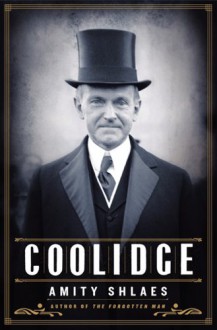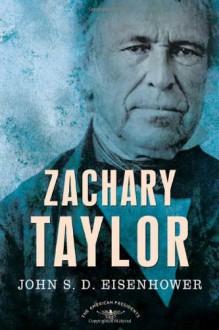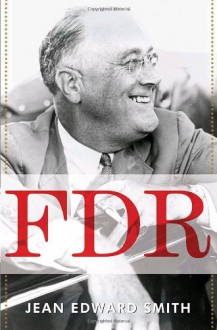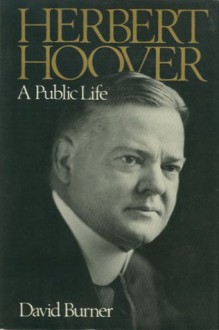
Few presidents have fallen as far in terms of their reputation as has Calvin Coolidge. A popular president during his time in the White House, his standing plummeted with the onset of the Depression and the retroactive discrediting of his administration’s policies that were associated with it. Yet in recent years a number of conservative writers have challenged this view, offering a contrasting interpretation of Coolidge as a presidential paragon. In this respect Amity Shlaes is merely the latest in a long line of writers stretching from Thomas Silver to Robert Sobel who seek to rehabilitate Coolidge’s historical reputation so as to make him a model of presidential leadership for our own times.
Yet it seems that the only way that Shlaes can achieve this goal is by ignoring the many criticisms directed against Coolidge’s presidency. Rather than acknowledging any role that his low-tax, minimalist-regulation agenda might have played in fueling the speculative mania that led to stock market crash of 1929 or the depression that followed, she prefers to depict his administration as having achieved a perfect economic environment that was humming along smoothly when the keys were handed over to his successor. Throwing Herbert Hoover under the bus by blaming him for the collapse that followed is not only grossly unfair, it defies the evidence of an economy in the 1920s that was nowhere near as healthy as Shlaes would like to admit. Moreover, it undermines her goal, as rather than give Coolidge’s achievements a full reexamination that would address the criticisms she does little more than offer a selective portrait that only serves to reaffirm the beliefs of the like‑minded.
This is unfortunate considering the effort she put into her work. For despite Shlaes’s considerable research in the papers of Coolidge and his contemporaries, her overall result adds little to the case made in previous efforts to redeem Coolidge and his presidency. Because of this, readers seeking to learn more about Coolidge would be better served by turning to Sobel’s far superior Coolidge: An American Enigma for an understanding of our 30th president’s life and career rather than Shlaes’s hefty tome – which, for all its size, proves in the end to be disappointingly hollow.

 Log in with Facebook
Log in with Facebook 









